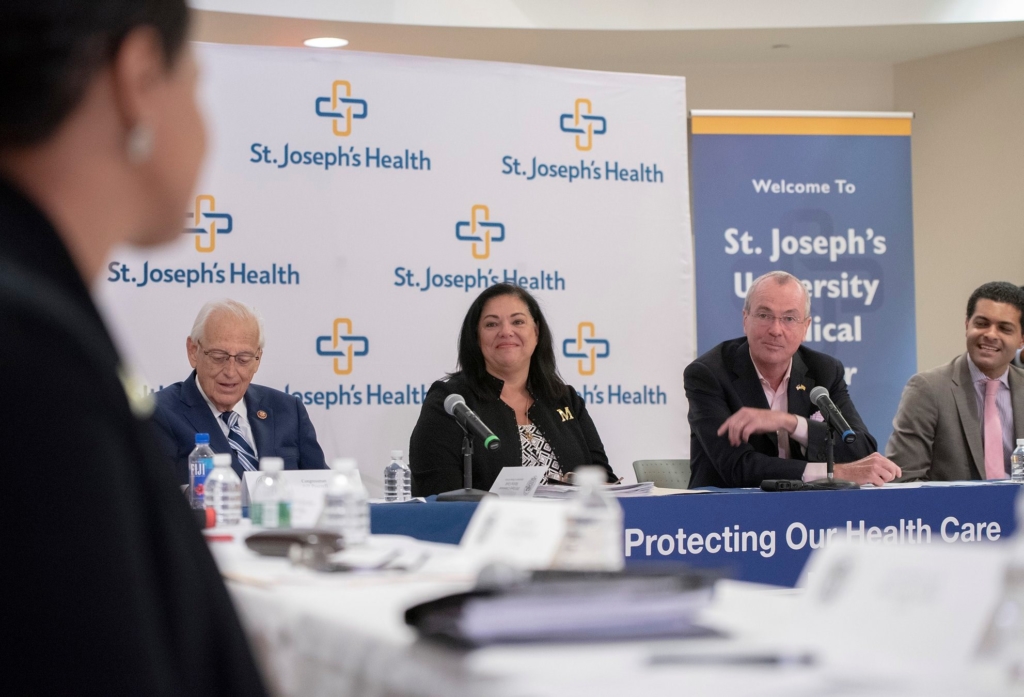
Earlier today Governor Phil Murphy and lawmakers announced a package of bills to establish a fund a State-Based Exchange for health insurance. The proposals would uphold protections of the Affordable Care Act and give the state more flexibility in determining what plans are offered and how the enrollment process works. In response to today’s announcement, NJPP releases the following statement.
NEW JERSEY POLICY PERSPECTIVE HEALTH POLICY DIRECTOR RAY CASTRO
“The creation of a State-Based Exchange is welcome news to hundreds of thousands of New Jerseyans whose health care has been threatened by the Trump administration and his enablers his Congress. While the federal government seeks to eliminate essential health benefits and critical protections for patients with preexisting conditions, New Jersey is responding in big ways to ensure health care remains comprehensive and affordable.
“With a state run marketplace, New Jersey can go beyond the minimum requirements in the Affordable Care Act to create a better experience for over 600,000 health care consumers. States that have their own marketplace have been more effective in making plans more affordable, promoting more transparency and accountability, enrolling more consumers, and offering more choices. Since 2016, health care enrollment dropped by 3.7 percent in states that use the federal marketplace while state marketplaces experienced an increase in enrollment of 0.9 percent.
“Positive benefits from a state marketplace should be noticeable to consumers in the first year of implementation as the open enrollment period will double from six weeks to twelve weeks. The state marketplace will also provide more robust outreach to ensure residents are aware of their coverage options. However, to achieve the full promise of a state marketplace, the state should establish the more ambitious goal of further reducing the number of uninsured New Jerseyans, which stands at the unacceptable level of 700,000. New Jersey should follow best practices adopted by other states and supplement federal premium subsidies with state subsidies, provide health coverage through buy-in programs for those not eligible for subsidies, and make creative and efficient use of existing federal funding. While the challenges are many, the opportunity is almost limitless.”
# # #
